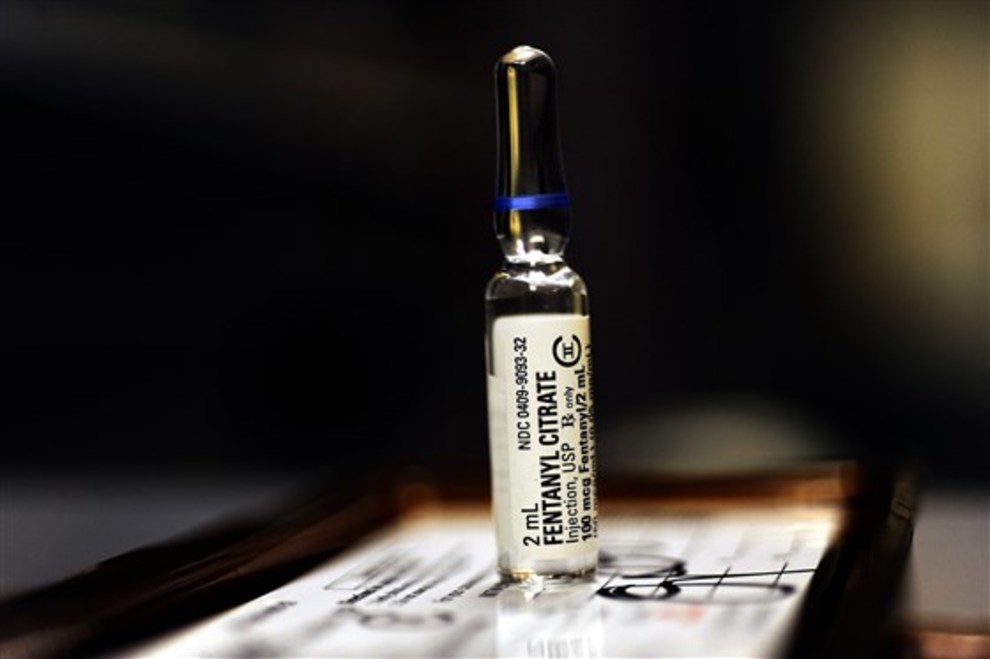Fentanyl is Winning

We’ve been following this Allies mother as her adult child has navigated the challenges of sober living. She just sent in the following update, describing her son’s overdose and battle with fentanyl. This post originally appeared on our Member Site blog, where experts respond to members’ questions and concerns. Take advantage of our current special offer today and get full access to Allies in Recovery’s eLearning program. Details here.
Dear Dominique and Allies family, We received a call late last night that our son had overdosed and was en route to the hospital. Upon arriving he, was in the lobby waiting for a cab. I’m glad to say he is in a detox tonight, due to his sponsor and house owner and manager. I saw how a really good sober house works for the first time ever. I hope he chooses to stay, but I’m finally resigned that there is nothing more we can do. We used CRAFT in the way that we talked with him, keeping our distance but being pleasant. We almost took him back home, but decided we would stay in the area until he got placed. Home is our sanctuary and he is not welcome at this time. Our son however seems to see nothing but the lure of the drug: fentanyl. Even after at least 7 narcan doses to revive him he apparently used again during the night, even while we were with him. He just kept on using despite the fact that he almost died. We are in our 60s and 70s, exhausted and discouraged beyond belief. We have neglected ourselves terribly and need a break.
Fentanyl is truly deadly
People are overdosing in record numbers even when compared to prescription opiates and heroin. Your son is in the grips of a very addictive substance. It hijacks our ability to find pleasure elsewhere in life, and the withdrawals are so agonizing that we’ll do absolutely anything to avoid them. There is no choice but to use again.
Yet your son is in sober housing and is attending some self-help. Part of him, part of the time, is turning towards recovery.
He urgently needs protection from overdose
He doesn’t like medication-assisted treatment. If memory serves he has tried Suboxone. At this point, he needs and you need to ensure he is protected from overdose. What about methadone? Can he be convinced to try it? What remains of your energy should be focused on this. Can the detox help? Can the house help?
Son, your mom and I (I’m assuming you usually do the talking so I suggest your husband do it) love you madly and are so grateful that you found another sober house and are attending some meetings. We see how you are trying but the fentanyl is winning and we are devastated and scared. We are old and exhausted. Here is the phone number and address of a methadone clinic near you. At this point, this is all we can do to save your life. Please let us take you there. Please hear them out. It’s a different drug than Suboxone. People are overdosing and dying all around us from fentanyl. Please consider this. We are having trouble sleeping, we feel sick all day long, we are having real difficulty in our own life knowing you could overdose and die.
Please try this
You will need to call the clinic first and see what the steps are for admission. Is there a waitlist? How will it be paid for? How will he get to the clinic everyday? I am so sorry for you and for your son. Yes, the family DOES have a role to play. Your stance, behavior, and choices DO make a difference. “Tough love” is not a successful technique. Our learning platform is set up to help family members learn the techniques that will reduce conflict, build that bridge of communication, and effectively guide your loved one into treatment. Together we will move your loved one towards recovery. Learn more here.
